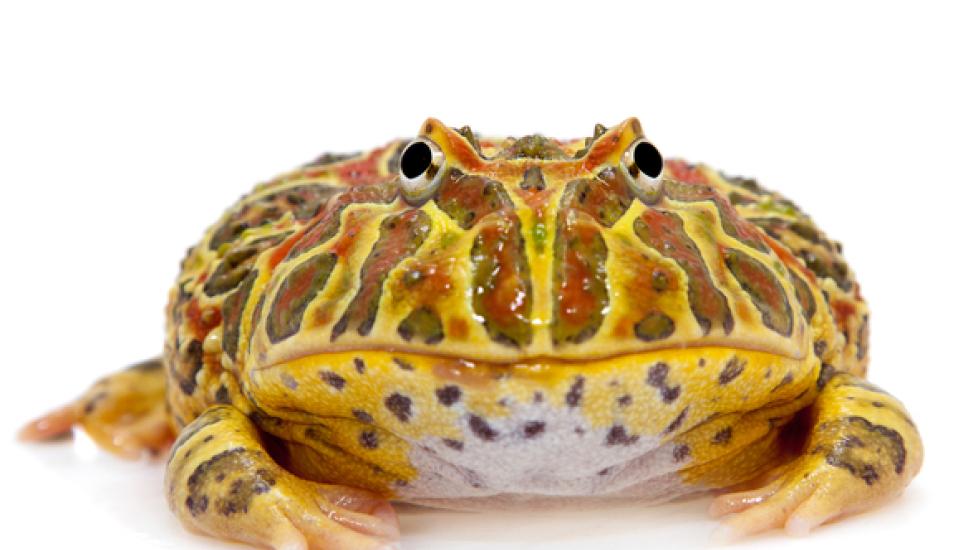Obesity in Amphibians
Generally referred to as obesity, excess body weight is as much a problem in amphibians as it is in humans. This nutritional disorder puts a strain on and taxes many of the body organs, even resulting in death in severe cases. And while obesity is more common in large amphibians, such as the South American horned frogs, Barred Tiger Salamander, and Eastern Tiger Salamander, it occurs because amphibians in captivity will continue to consume prey made available, without regard for their energy needs. Therefore, this disorder can easily be rectified with a stable, species-specific diet (consult a veterinarian for an appropriate diet for your particular amphibian).
Symptoms
- Lethargy
- Difficulty moving
- Respiratory distress
- Visible excess body weight
Causes
Overfeeding is the primary cause of obesity. Even amphibians on a regular diet with little or no exercise will eventually store the extra calories as fat. Also, amphibians that are injured or ill can balloon in weight because of their inability to exercise.
Diagnosis
Your veterinarian can examine the body using gentle finger pressure to feel for fat deposits and compare its weight against the appropriate range for its type. In females, however, ultrasounds may be necessary to differentiate fat deposits from egg masses.
Treatment
The best treatment for obesity is to enlarge the amphibian’s living area or enclosure. Increasing the animal’s activity will improve its metabolic rate, allowing it to burn excess calories. Maintaining the amphibian at the upper end of its preferred temperature range will also accelerate metabolic rate and increase caloric use. However, care should be taken to never exceed the maximum recommended temperature for the amphibian species. Lastly, reducing the amount of food given to an animal will help with many nutritional disorders, including obesity.
Living and Management
Although overfeeding can easily lead to an obese amphibian, monitoring the animal’s food consumption and allowing it to forage and stalk its food will help rectify the situation. Also, consult with your veterinarian to establish a proper nutritional plan for your amphibian.
